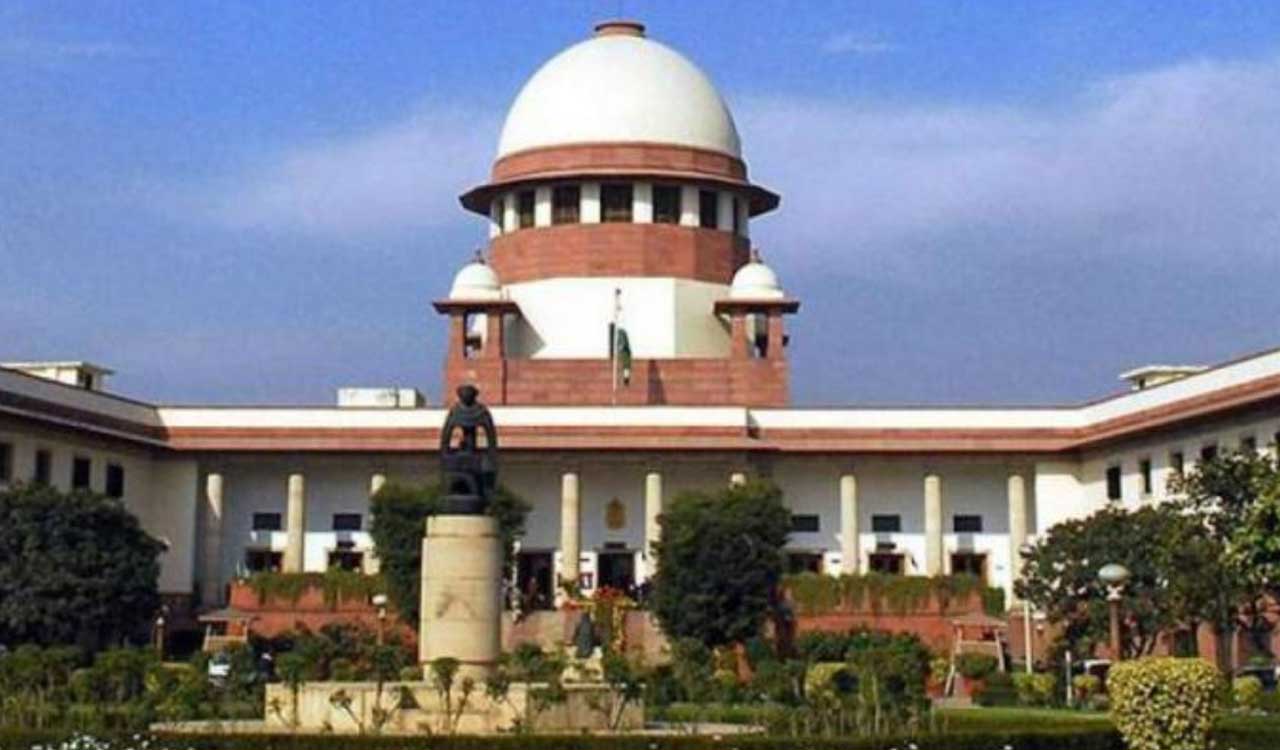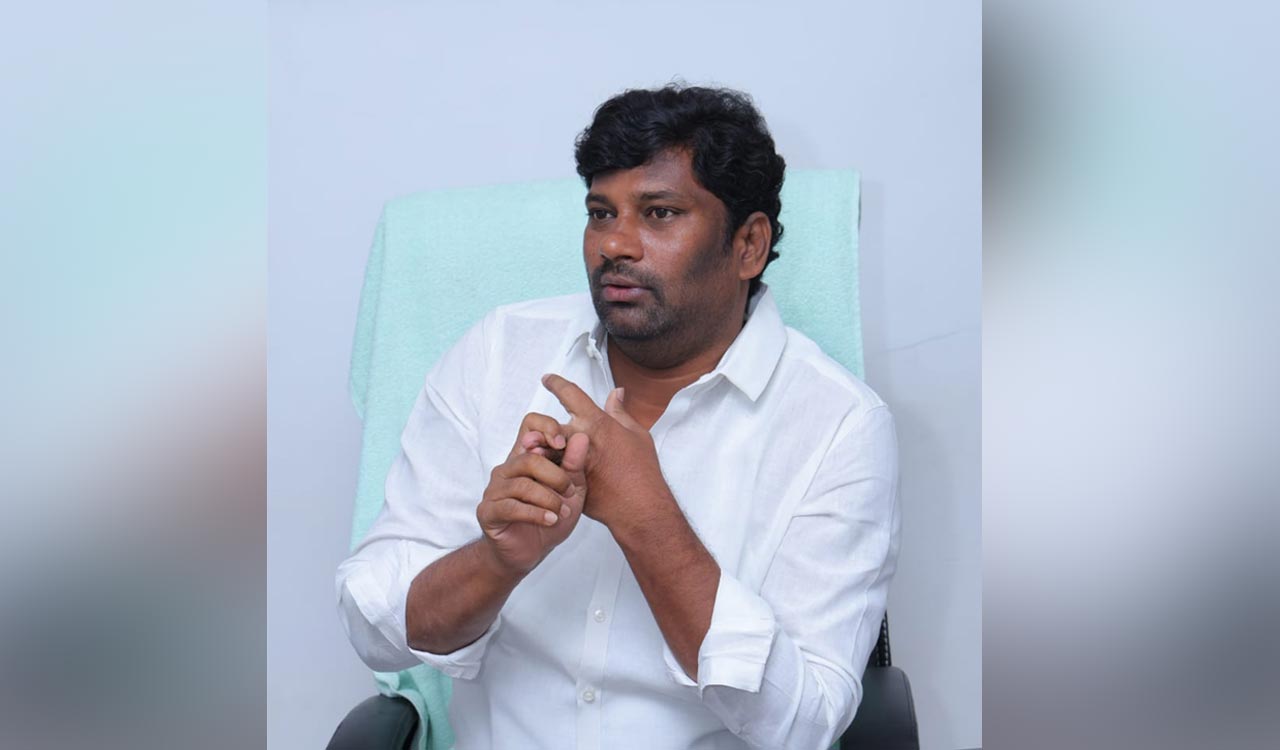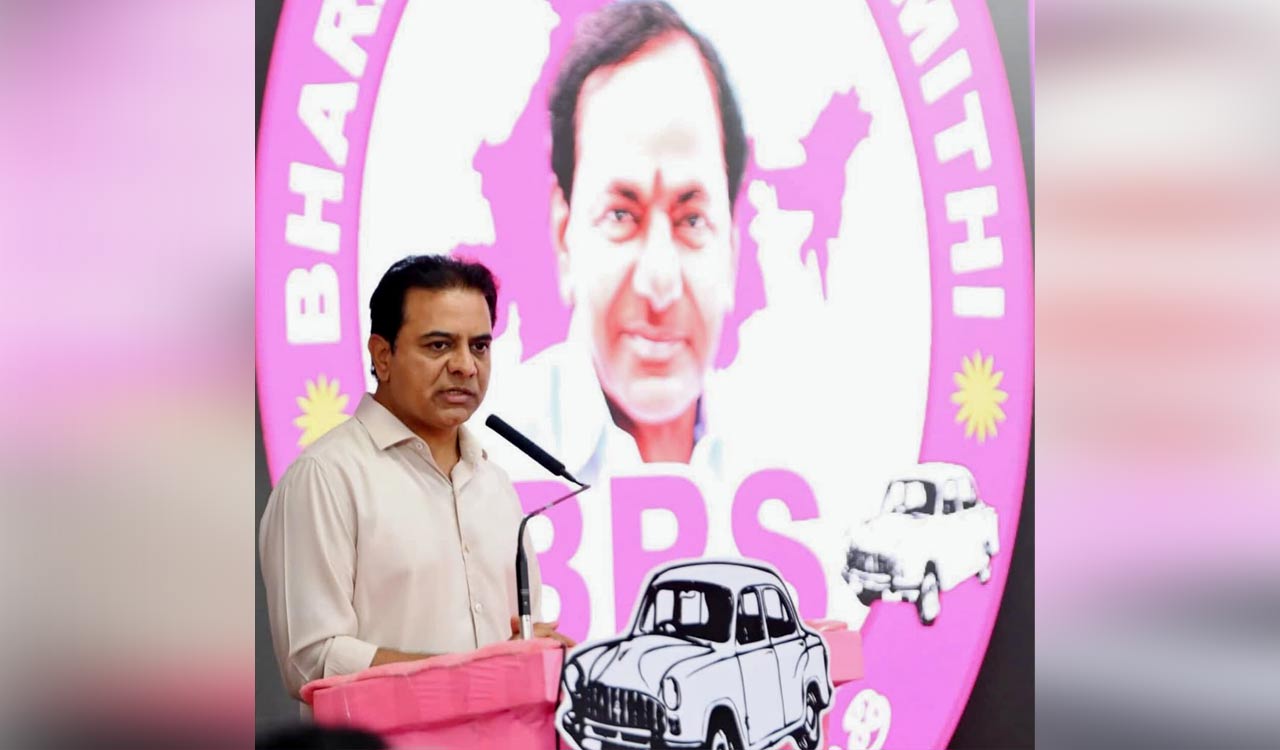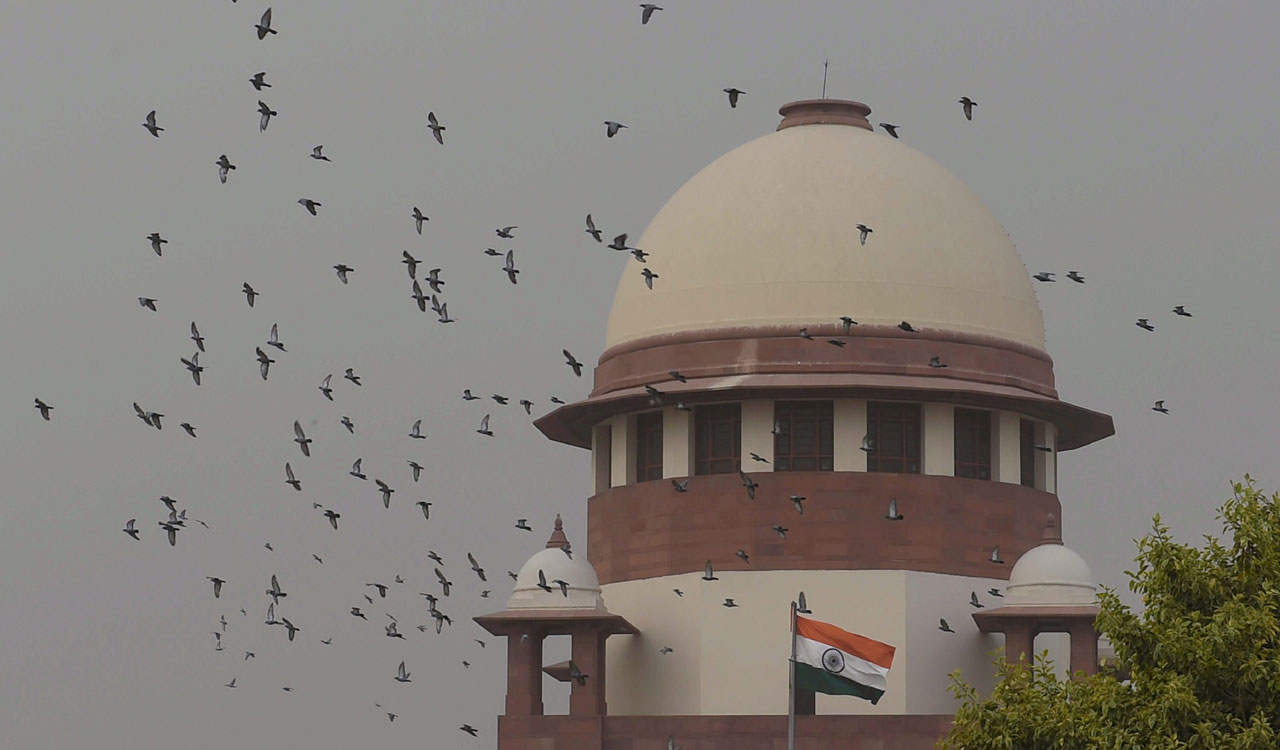Supreme Court refuses Telangana plea on 42 per cent BC reservation in local bodies
The Supreme Court dismissed Telangana’s plea challenging the high court’s stay on a government order providing 42 per cent reservation for Backward Classes in local bodies. The court allowed elections to proceed under the existing reservation, leaving pending petitions for the high court’s consideration
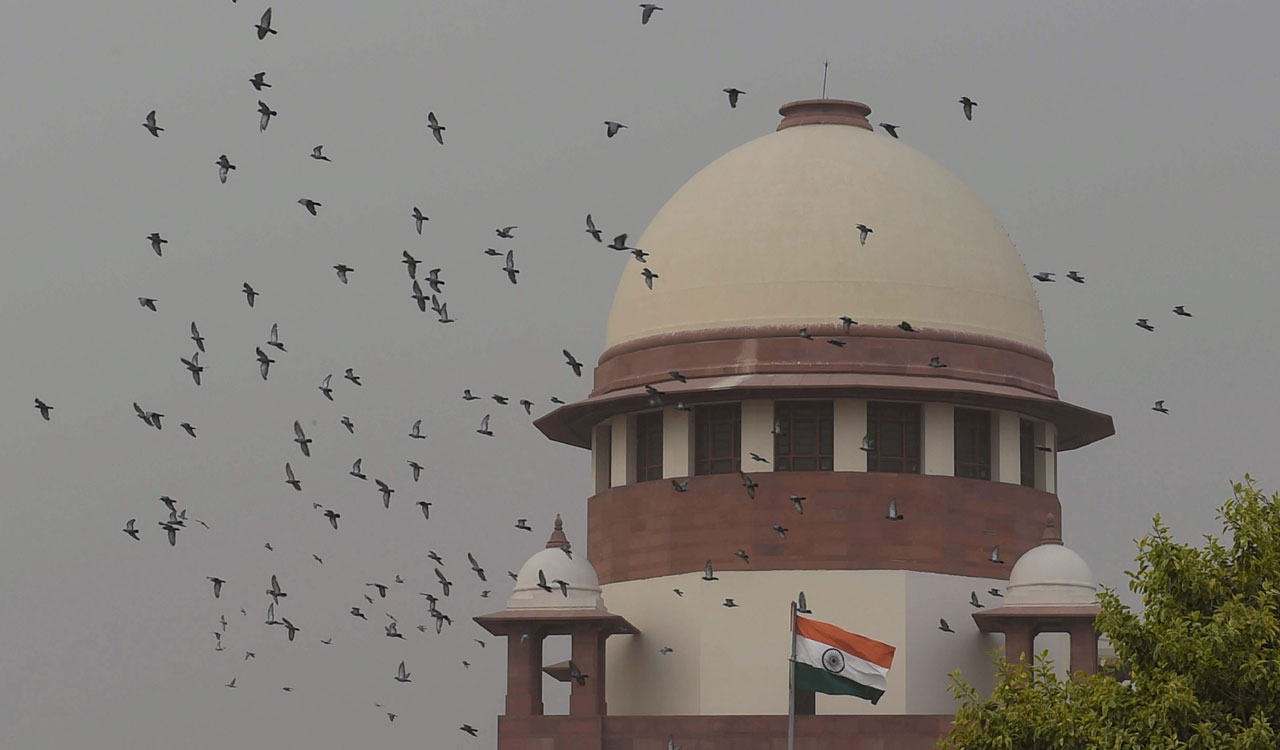
New Delhi: In a setback to the Telangana government, the Supreme Court on Thursday dismissed its petition challenging a High Court order that stayed a government order providing 42 per cent reservation to Backward Classes in local bodies. “You continue with your elections with the same reservation that existed. Dismissed,” a bench of justices Vikram Nath and Sandeep Mehta said.
The Congress government in Telangana had issued the government order (GO) on September 26 to provide 42 per cent reservation to Backward Classes in local bodies. The State government had challenged in the apex court the October 9 order of the Telangana High Court, which had issued an interim stay on the GO.
While dismissing the plea, the bench said its order shall not affect the high court in deciding the petitions pending before it on its own merits. The high court had passed the order on petitions that said the GO had raised the total reservation in local bodies to 67 per cent.
The petitioners had told the high court that the GO breached the 50 per cent ceiling on quota laid down by the top court in its verdicts. The high court, while hearing the petitions challenging the GO, had directed the State to file its reply in four weeks.
During the hearing on Thursday, senior advocate Abhishek Singhvi, appearing for Telangana, told the top court that the State was “very heavily aggrieved” by the high court’s interim order.
“You continue with the elections,” the bench observed. One of the advocates appearing in the matter said the high court had not stayed the elections.
“This is a policy decision of a state which wants to inform, educate, and enlighten itself and then make all policies targeted to what it believes are a very heavy percentage of Backward Classes,” Singhvi argued.
He also said how can the GO be stayed without pleadings. Singhvi said barring the last two pages, no reasons were given by the high court for the stay. “It is not your case that there is no reservation. There is a reservation. You are increasing the percentage of reservation,” the bench said.
Singhvi said it was a “misconception” that the apex court’s earlier judgments had put a cap of 50 per cent on reservation. “Why could you not issue your GO prior in point of time from the date of notifying the election,” the bench asked.
Singhvi said the governor had kept the bill pending. “You have to tell us something. Based on these exercises, you did come out with an ordinance and also with the bill. That is yet to take a final shape,” the bench observed.
Singhvi urged the bench to entertain the plea and hear it on the “larger issue of whether you can ever touch 50 per cent”. When the bench observed that the high court’s October 9 order was an interim order, Singhvi said it had stayed the whole exercise.
Following the high court’s order, the Telangana State Election Commission had issued a statement saying the poll notification issued on September 29, and further activities are being suspended until further notification.
The SEC on September 29 announced a five-phased schedule for elections to the rural local bodies to be held between October and November. The lawyers appearing for the petitioners had told the high court that the GO breaches the 50 per cent upper ceiling imposed by the Supreme Court on total reservations.
The GO said Article 243 D (6) of the Constitution empowers the State to make any provision for reservation of seats in any panchayat or offices of chairpersons in the panchyats at any level or in favour of Backward Classes of citizens.
It said the government conducted the Socio-Economic, Educational, Employment, Political, and Caste (SEEEPC) survey, which has thrown light on the relative economic, social, educational, employment, and political status of different castes in the state.
The one-man commission, appointed by the state government for analysing the empirical data of the SEEEPC survey and other relevant data for recommending the percentage of reservations for Backward Classes in local bodies, suggested at least 42 per cent quota in political representation, particularly in local bodies, the GO said.
After careful consideration of the commission’s recommendations and in view of the Backward Classes population and their inadequate political representation, the government concluded that it was necessary to revise the existing level of reservation in local bodies to 42 per cent for their welfare and advancement, it said.
Related News
-
Pratika Rawal joins India’s squad for India-Australia ODI series
5 mins ago -
India looking forward to French President’s visit: PM Modi
14 mins ago -
Identity proof chaos in Bengal SIR: CEO flags irregular uploads, deadline extension on the cards
16 mins ago -
Elderly woman dies after saree catches fire at Thane temple
21 mins ago -
Cartoon Today on February 17, 2026
53 mins ago -
Telangana student found dead in hostel at NIT Kurukshetra
2 hours ago -
Couple elected as chairperson and vice-chairperson of Nirmal Municipality
9 hours ago -
Telangana municipal polls: BRS pockets 18 municipalities
9 hours ago

